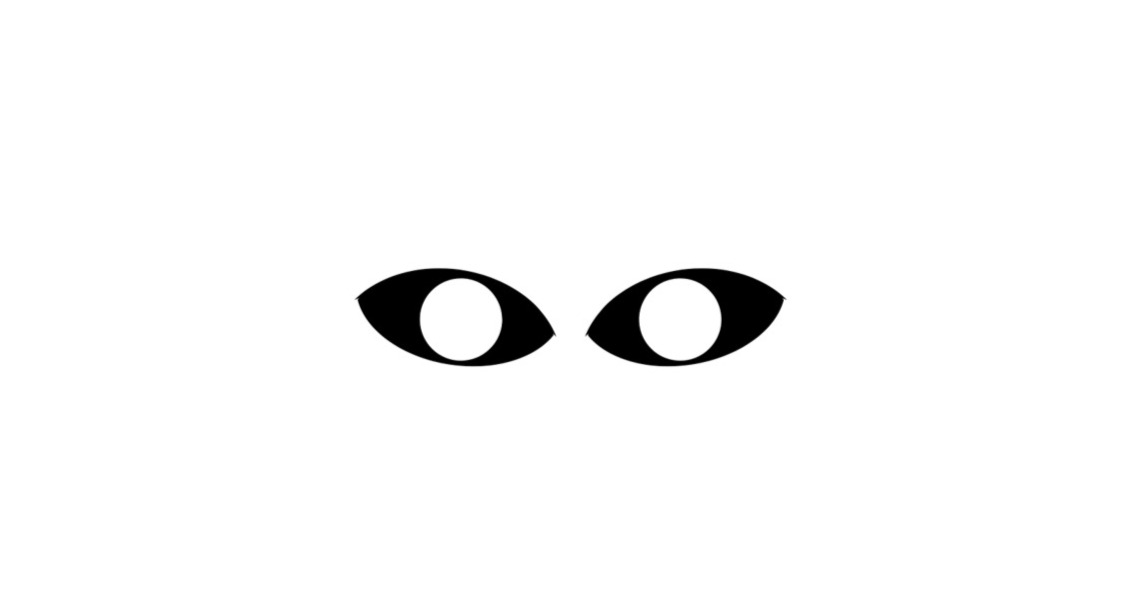The Importance of Ethical Standards in Hiring
- Sentry Private Investigators

- Oct 13, 2025
- 3 min read
Hiring the right people is crucial for any organisation. But beyond skills and experience, the way companies hire matters just as much. Ethical standards in hiring ensure fairness, transparency, and respect for candidates. This builds trust and protects businesses from legal and reputational risks. For those seeking discreet private investigation services, understanding these standards can also help identify when hiring processes may have been compromised or require verification.
Why Ethical Hiring Matters
Ethical hiring is about more than just following laws. It reflects a company’s values and commitment to fairness. When organisations prioritise ethical standards, they create a positive work environment and attract better talent. Candidates feel respected and confident that their applications are handled with integrity.
Some key reasons ethical hiring matters include:
Fairness: Every candidate deserves an equal chance based on merit, not bias or discrimination.
Trust: Transparent processes build trust between employers and employees.
Legal Compliance: Avoid costly lawsuits related to discrimination or unfair practices.
Reputation: Ethical hiring enhances a company’s public image and employer brand.
Employee Retention: Fair treatment during hiring often leads to higher job satisfaction and loyalty.
For businesses, especially those dealing with sensitive information or requiring high confidentiality, maintaining ethical hiring standards is essential. It ensures that the right people are brought on board without compromising security or integrity.

How to Implement Ethical Hiring Standards
Implementing ethical hiring standards requires clear policies and consistent practices. Here are practical steps organisations can take:
Develop Clear Job Descriptions: Define roles and requirements honestly to attract suitable candidates.
Use Structured Interviews: Ask the same questions to all candidates to reduce bias.
Train Hiring Managers: Educate those involved in recruitment about unconscious bias and legal requirements.
Maintain Confidentiality: Protect candidate information and respect privacy.
Verify Credentials: Use background checks and references to confirm qualifications ethically.
Provide Feedback: Offer constructive feedback to candidates when possible.
Document Decisions: Keep records of hiring decisions to ensure transparency and accountability.
These steps help create a fair and transparent hiring process. For those concerned about employee honesty or background, professional private investigation services can assist in verifying information discreetly and ethically.

What are Unethical Hiring Practices?
Unethical hiring practices can harm both candidates and organisations. They often involve unfair treatment, deception, or discrimination. Some common unethical practices include:
Discrimination: Rejecting candidates based on race, gender, age, religion, or other protected characteristics.
Misleading Job Ads: Advertising roles with false or exaggerated claims.
Nepotism and Favoritism: Hiring friends or family without considering merit.
Invasion of Privacy: Asking inappropriate personal questions or conducting unauthorized background checks.
Ignoring Qualifications: Hiring unqualified candidates due to bias or external pressure.
Lack of Transparency: Not informing candidates about the hiring process or decisions.
These practices can lead to legal consequences, damage to reputation, and poor employee morale. They also increase the risk of hiring unsuitable candidates, which can be costly in the long run.

The Role of Private Investigation in Supporting Ethical Hiring
Private investigation services can play a vital role in supporting ethical hiring. They help verify candidate information discreetly and professionally, ensuring that hiring decisions are based on accurate data. This is especially important for sensitive roles or when there are concerns about employee honesty.
Some ways private investigators assist include:
Background Checks: Confirming employment history, education, and criminal records.
Employee Absence Investigations: Verifying reasons for unexplained absences or suspicious behaviour.
Reference Verification: Contacting previous employers to validate candidate claims.
Due Diligence: Investigating potential risks associated with hiring certain individuals.
By integrating these services into the recruitment process, organisations can uphold ethical standards while protecting themselves from potential risks. For more information on how private investigation supports ethical hiring, visit ethical hiring practices.
Building a Culture of Integrity Through Ethical Hiring
Ethical hiring is not just a one-time effort but part of a broader culture of integrity. Organisations that prioritise ethics in recruitment often see benefits across all areas of business. To build this culture:
Lead by Example: Senior management should model ethical behaviour.
Communicate Values: Clearly state the organisation’s commitment to fairness and respect.
Encourage Reporting: Provide safe channels for employees to report unethical behaviour.
Regular Training: Keep staff updated on ethical standards and legal requirements.
Continuous Improvement: Review and refine hiring policies regularly.
A strong ethical culture attracts high-quality candidates and fosters loyalty among employees. It also reduces the need for costly investigations or legal actions later on.
Ethical standards in hiring are essential for creating fair, transparent, and trustworthy recruitment processes. They protect both candidates and organisations while promoting a positive workplace culture. For those needing discreet verification or investigation services to support ethical hiring, professional private investigators offer valuable assistance. Taking these steps ensures that hiring decisions are sound, ethical, and beneficial for all involved.




Comments